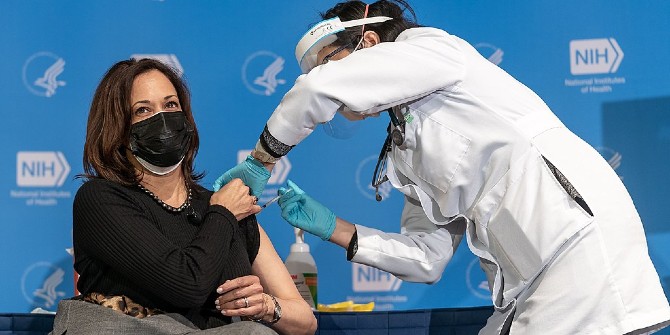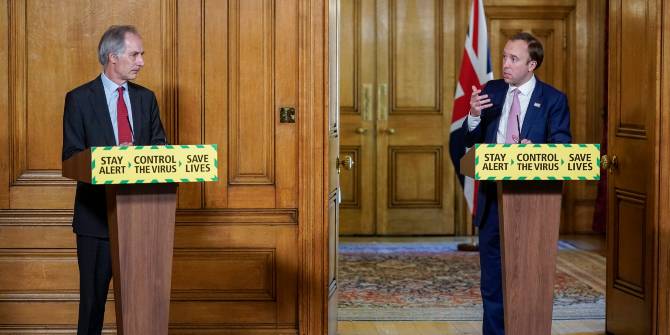COVID-19 vaccines have been approved in record time. Which incentives enabled that to happen? Jonathan Liebenau (LSE) summarises a new paper that looks at which combination of tax incentives, subsidies and speeded-up regulatory approvals are most effective in developing new drugs and vaccines.
The fact that COVID-19 vaccines have been developed and distributed in less than 10 months shows how pharmaceutical manufacturers, research institutions, regulators and health authorities can initiate and accelerate a research programme. Admittedly, conditions for this record speed were favourable (an assured huge market, demand from monopsony buyers, and the confluence of both well-established vaccine development techniques and new research into mRNA), but the role of financial, regulatory and other economic incentives was essential. For the most part, these were devised at short notice and implemented ‘on the hoof’. These included direct grants to companies and research institutions, upfront payments for minimum pre-orders, tax concessions and dramatically expedited regulatory procedures.

These factors will be analysed in a series of forthcoming studies by recent LSE MSc student and expert on health policy, Chloé Hogg, and Daniel Yim, who is completing his MD studies at St George’s Medical School, University of London. Using a background in studies of innovation and technology management, we have compiled evidence about incentives policies internationally, data about drugs development and regulatory approvals, and data on the research activities of all pharmaceutical firms that have used the key incentives schemes that date from 1983.
In the first of these studies, we turn our attention to the evidence about the incentivising effects of tax concessions and rapid authorisation. Using panel data on drugs and pharmaceutical manufacturers, and adapting models associated with longstanding policies to incentivise orphan drugs development, we show that tax concessions and rapid authorisation work – but that other concessions are ineffective and potentially a drain on resources.
This paper, which is currently being peer reviewed, has broad implications for how policy makers can learn from recent experiences to respond better to situations like the COVID-19 pandemic. Through this kind of analysis we can learn much more about which incentives make a difference to different companies in different countries, what kinds of medical conditions and treatments can be targeted for special incentives, and what the likely managerial responses from firms might be. So far tens of billions of dollars has been spent to subsidise and incentivise firms. Regulatory scrutiny in some countries has been truncated or, as in the UK, modified to accelerate and extensively co-operate with vaccine developers.
While the successes are well known and most would regard the money spent as justifiable, some of this may have been an inefficient use of resources. Some companies that were unlikely to be successful may have been offered money, or more money than was justifiable. Similarly, incentives in the form of regulatory forbearance need to be carefully refined in order to retain public trust, as well as to motivate the rapid development and distribution of vaccines.
Over the past 40 years, we found that tax and regulatory incentives have not differentiated between treatments for infectious diseases and those for noncommunicable diseases such as cancer. As such, they may not be the best way to deal with pandemics. They have, however, favoured domestic manufacturers over foreign firms, even foreign firms producing within the domestic market. Perhaps surprisingly, a reduction by half of the key tax incentive in the United States (from 50% to 25%) seems not to have affected the rate of development for incentivised drugs categories. We believe that European tax incentives are similarly unrefined.
Our further research will consider what optimal concessionary tax rates might be, and which firms and therapeutic subcategories are most amenable to tax incentives. We know that rapid regulatory approval is a powerful incentive, but our studies will go on to illuminate the trade-offs among the cost of accelerated scrutiny, the effects on competition and on the maintenance of trust among regulators, regulated companies and the medical profession.
This post represents the views of the author and not those of the COVID-19 blog, nor LSE.





